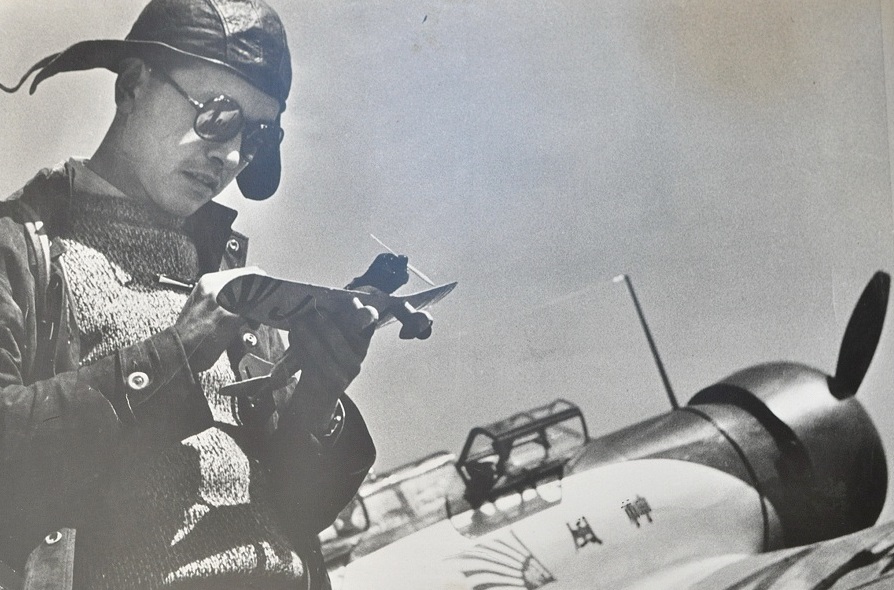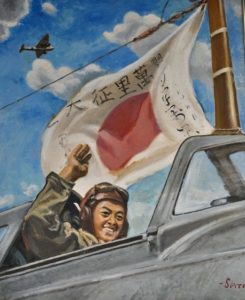

Kamikaze – ”Divine Wind” – became the symbol of Japan’s last desperate fight against the overwhelming power of the United States, as young pilots hurled their explosives-laden planes against American ships during the last months of the war in the Pacific. In the west it has come to epitomize the horrors of facing an enemy who was waging war according to a completely different set of alien rules that saw death in battle as desirable and even beautiful.
The intensely negative connotation in the West of the word kamikaze is turned on its head if we go back in time to a period eight years earlier when there was still peace in the Pacific, and both Americans and Japanese were able to engage in appreciation of each other’s endeavors. On April 6, 1937 – exactly 80 years ago – the 24-year-old Japanese aviator Iinuma Masaaki lifted off along with a navigator from Tachikawa Airfield in Japan on board a Mitsubishi Ki-15 Karigane aircraft. The name of the plane was Kamikaze.
Iinuma’s goal: to become the first Japanese to travel the route from Tokyo to London and arrive in the British capital in time for the coronation of King George VI. He succeeded completely, touching down after a voyage that had lasted 94 hours and 18 minutes, including stop-overs. Actual time in the air was a little more than 51 hours. This was two days better than the previous French record for the trip.
Iinuma was duly feted, not just in the Japanese media, but also in the western press. “Japanese shatter record to London,” The New York Times reported. His plane, the Kamikaze, was pictured in numerous papers across the world.
It was inevitable that Iinuma would be picked for national service in the global conflagration that followed. However, he never saw actual combat. When Japan attacked Pearl Harbor in December 1941, he was active as a test pilot in Phnom Penh in Indochina. Agitated by the news of the assault, he staggered right into a moving propeller and was killed instantaneously.